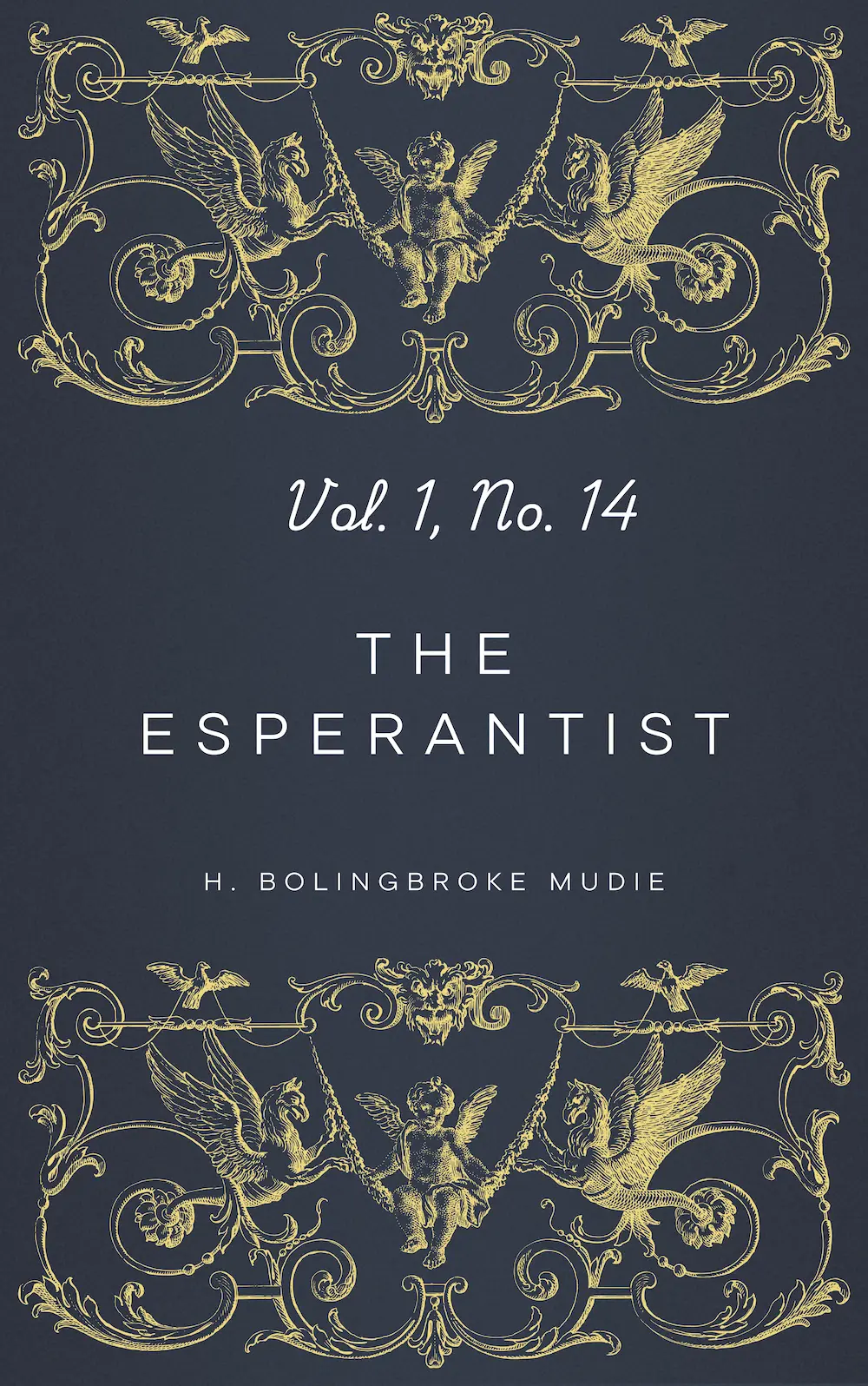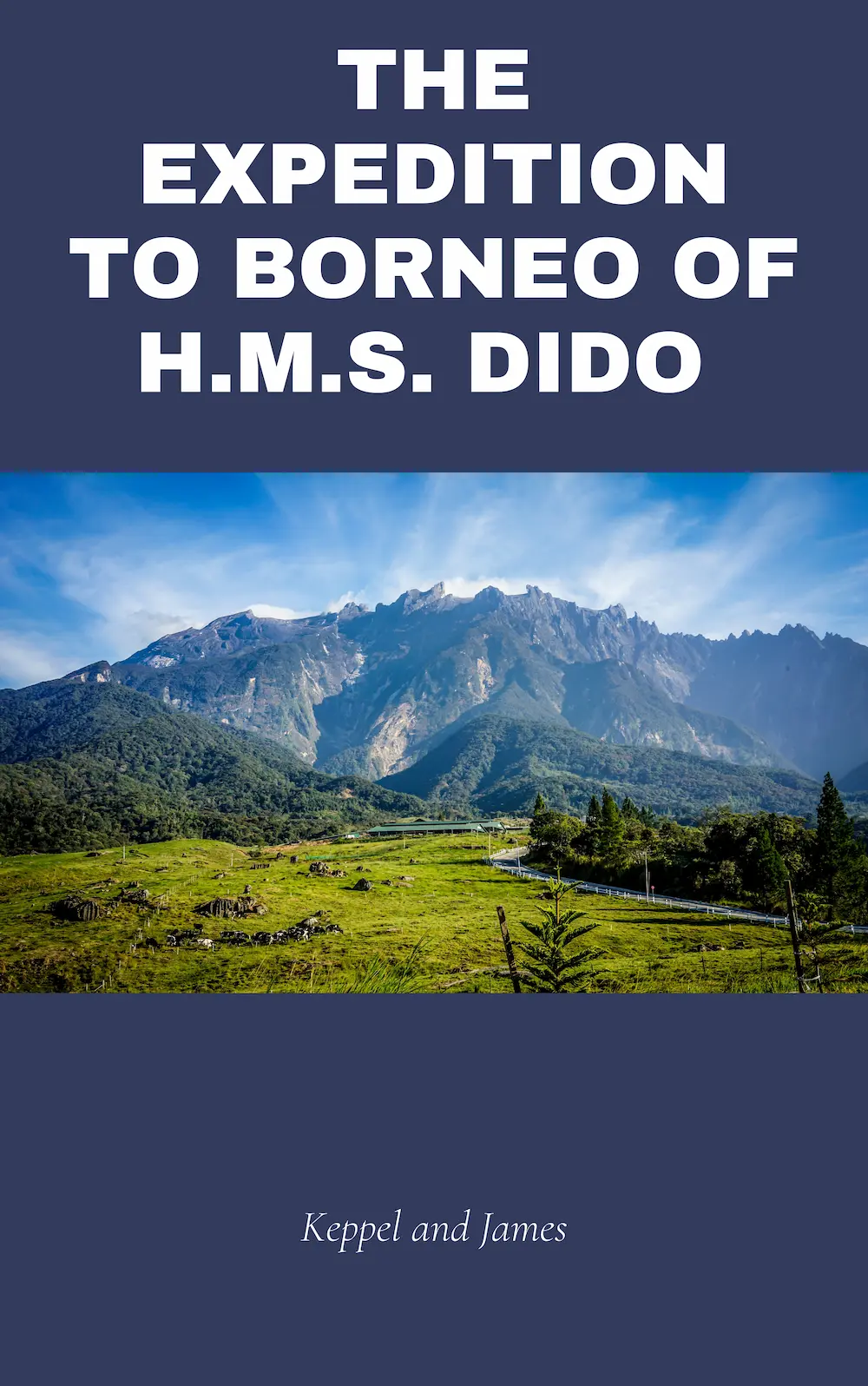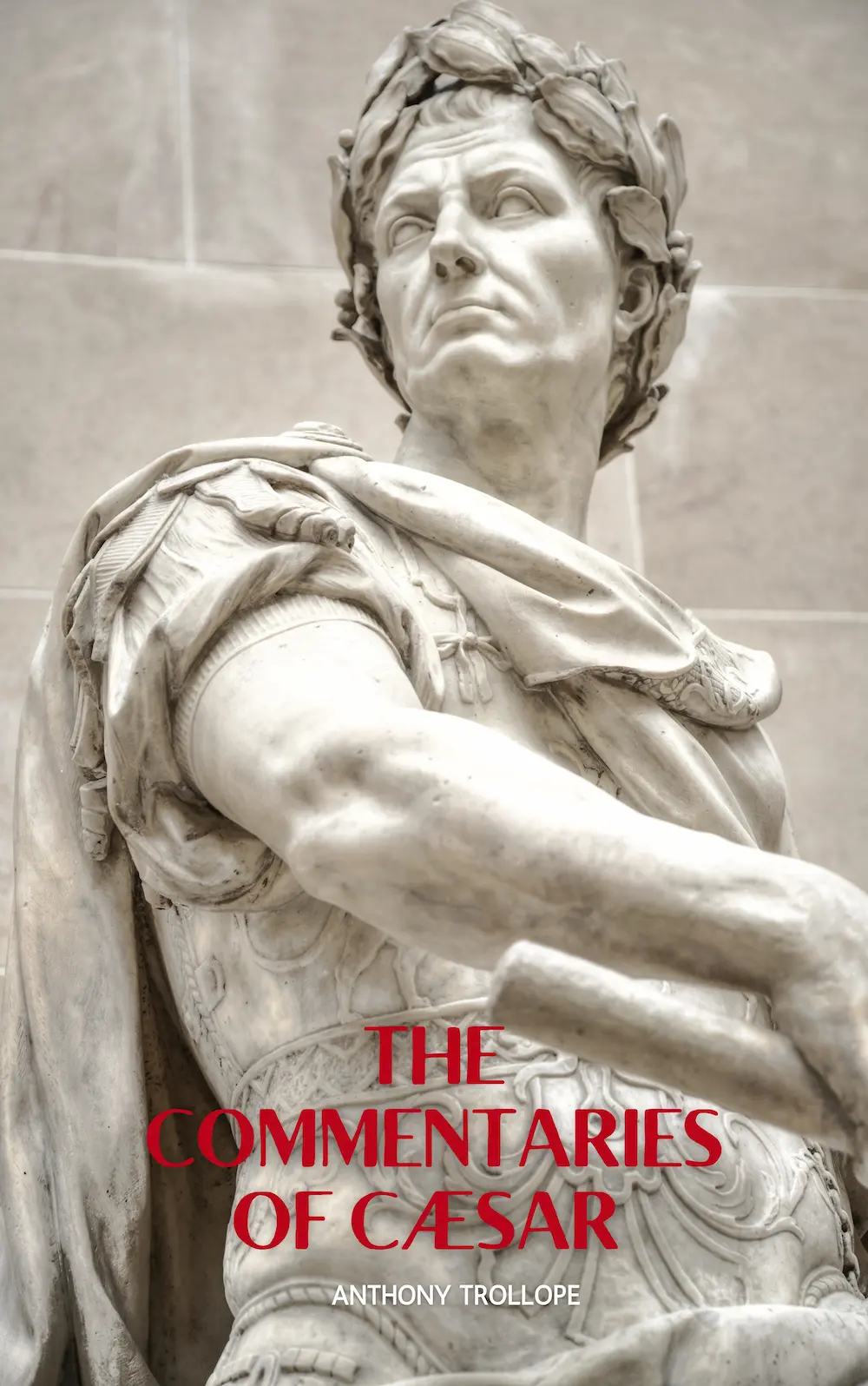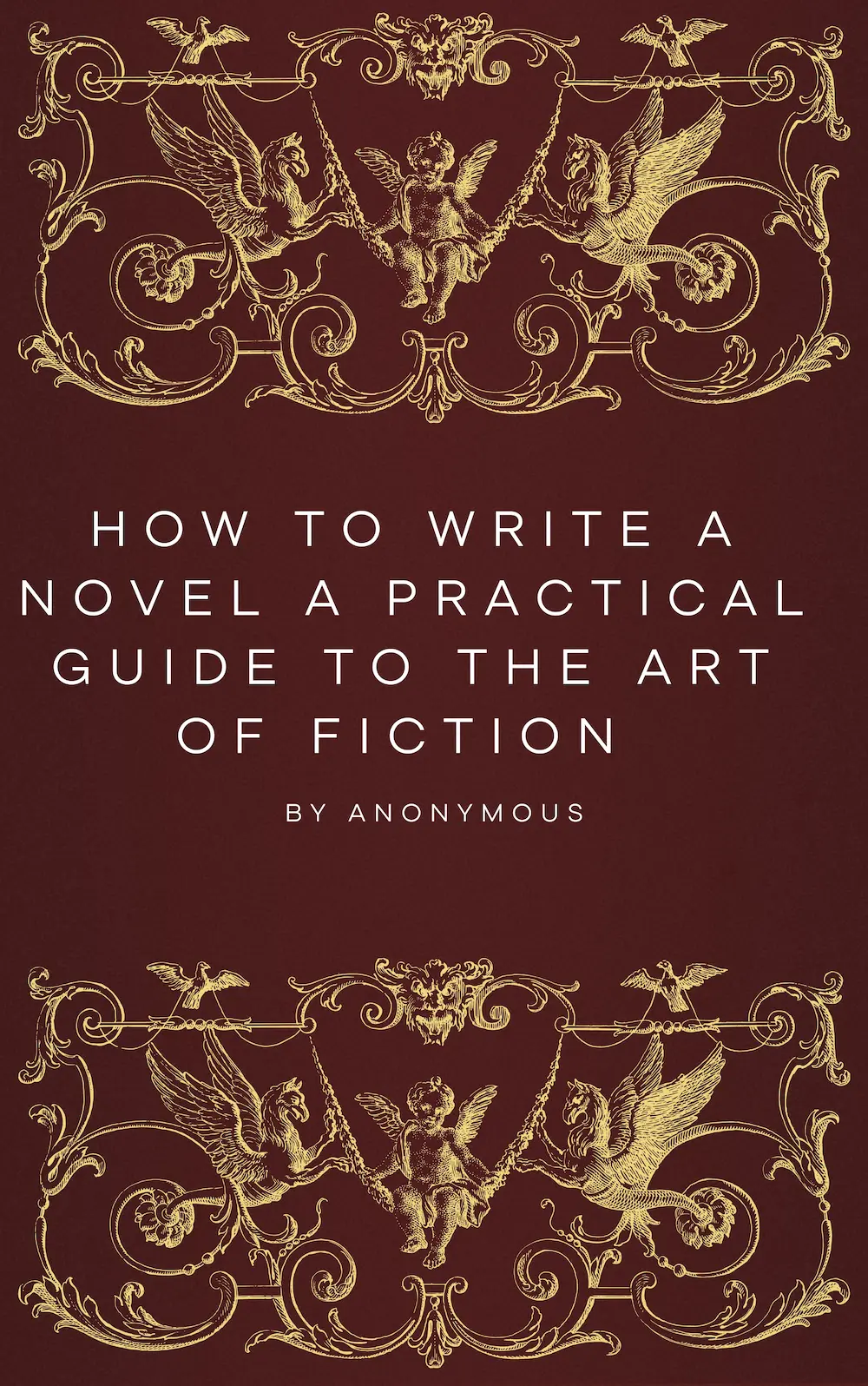
The Esperantist, Vol. 1, No. 14 by H. Bolingbroke Mudie
An early and influential periodical dedicated to the promotion and development of Esperanto, the international auxiliary language.
This issue of The Esperantist continues to foster communication and collaboration among speakers and enthusiasts of Esperanto. Featuring articles on language instruction, cultural exchange, news from the global Esperanto community, and discussions on the linguistic and social impact of the language, it serves as an essential resource for those interested in the Esperanto movement.
Edited by H. Bolingbroke Mudie, a key figure in early Esperanto circles, this volume reflects the vibrant energy and idealism behind the quest for a universal means of communication.
Ideal for linguists, historians of language, and supporters of international understanding.
14.00 USD
Related Books

The Expedition to Borneo of H.M.S. Dido by Keppel and James
10.00 USD

The Commentaries of Cæsar by Anthony Trollope
19.00 USD

How to Write a Novel A Practical Guide to the Art of Fiction by Anonymous
24.00 USD
Summary
An early and influential periodical dedicated to the promotion and development of Esperanto, the international auxiliary language.
This issue of The Esperantist continues to foster communication and collaboration among speakers and enthusiasts of Esperanto. Featuring articles on language instruction, cultural exchange, news from the global Esperanto community, and discussions on the linguistic and social impact of the language, it serves as an essential resource for those interested in the Esperanto movement.
Edited by H. Bolingbroke Mudie, a key figure in early Esperanto circles, this volume reflects the vibrant energy and idealism behind the quest for a universal means of communication.
Ideal for linguists, historians of language, and supporters of international understanding.
Analysis
An early and influential periodical dedicated to the promotion and development of Esperanto, the international auxiliary language.
This issue of The Esperantist continues to foster communication and collaboration among speakers and enthusiasts of Esperanto. Featuring articles on language instruction, cultural exchange, news from the global Esperanto community, and discussions on the linguistic and social impact of the language, it serves as an essential resource for those interested in the Esperanto movement.
Edited by H. Bolingbroke Mudie, a key figure in early Esperanto circles, this volume reflects the vibrant energy and idealism behind the quest for a universal means of communication.
Ideal for linguists, historians of language, and supporters of international understanding.